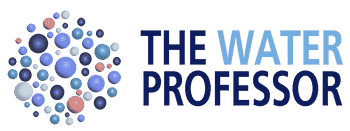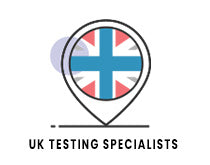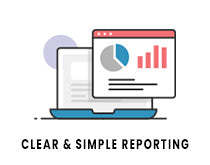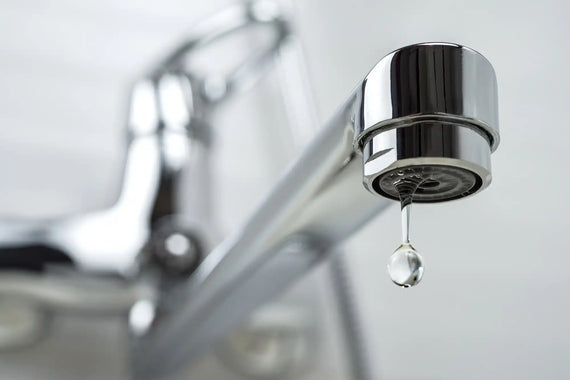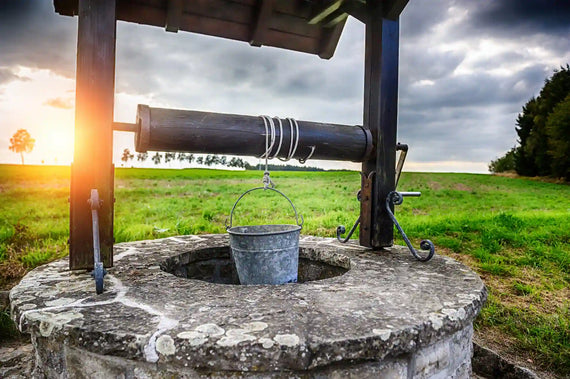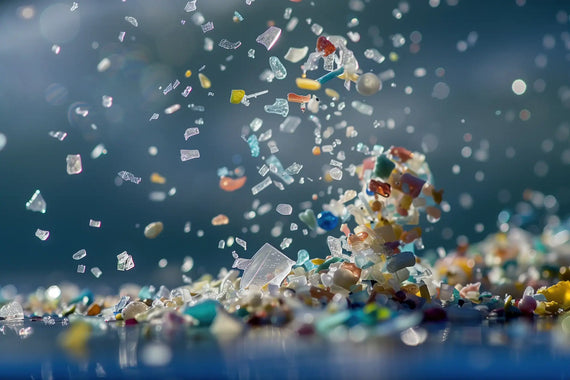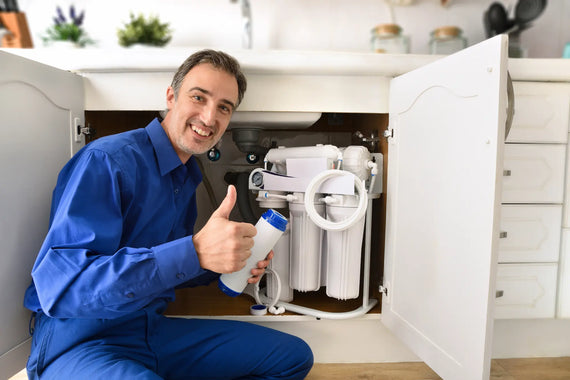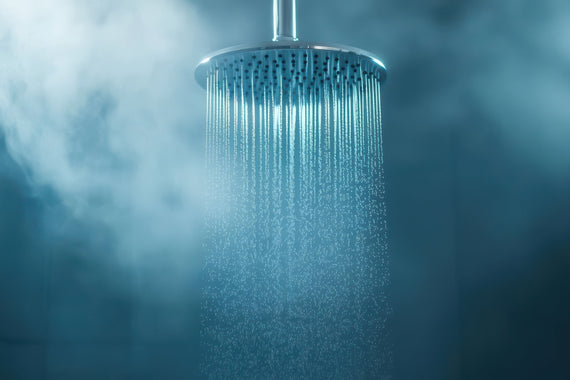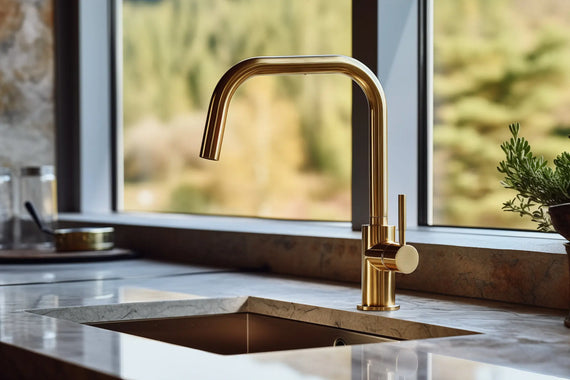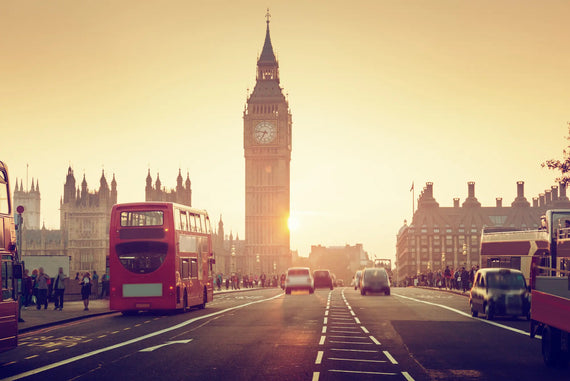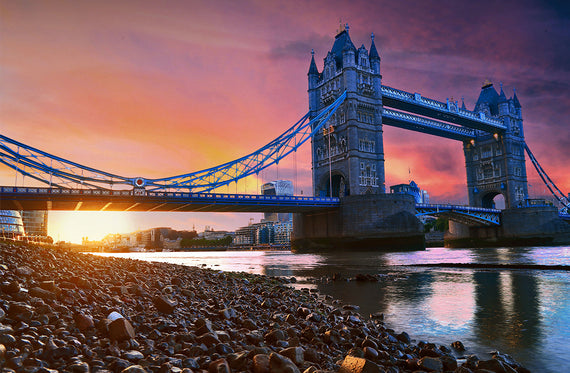Can You Drink Rain Water?

Drinking water should be available to all life on the planet, clean water free from pollution is essential to life. The environmental protection agency works hard to ensure that the release of chemical waste into the environment is kept to an absolute minimum. Drinking rainwater which has not had a chance to mix with surface water at first glance would appear an excellent option. The process of collecting rainwater has been carried out globally since the beginning of time, especially in places where water scarcity is a challenge.
Water has always been observed to flow; Aristotle believed that rain was caused by large amounts of water vapor in the form of clouds condensing to form rain as they descended into warmer air. The water cycle was first described in the 1580s by Bernard Palissy, it was not until almost 100 years later that Pierre Perrault scientifically tested Palissy’s ideas, leading to our modern scientific understanding of the water cycle.
Cloud formation is a complex subject that has been studied and is well understood. The University of Manchester has an environmental science and atmospheric studies department that actually has an experimental cloud chamber the height of a large building that is used for various cloud related research programs. In short, the cloud formation process can be broken down into four steps, namely, evaporation, saturation, condensation, and finally cloud formation. Evaporation is caused by the heating of water from lakes, the oceans, or any other large body of water on the planet’s surface, including trans evaporation from plants. Water vapor is an invisible, odourless gas, the amount of evaporation is proportional to heating applied by the sun. One other worrying indirect heat source is global warming or climate change - it is interesting to be aware that water in the form or clouds or water vapor is the most abundant greenhouse gas. Increased evaporation contributes to increased cloud cover that unfortunately induces a negative feedback loop. Clouds have an insulating effect on the planet and cause the temperature to rise further. The rate of water vapor production therefore plays a key role in climate change as the effects are amplified.
The water cycle is an essential intra-planetary life-support system ideally providing us all with clean drinking water. Clean water is essential to life - the water course such as rivers and oceans have also contributed to the shaping of various rock formations and has shaped the general topography of our land and seascapes. Various minerals would not have formed without the presence of water, especially when water is included as water of crystallisation. The erosion power of water on land has also carved out many caves and river courses, various minerals such as calcium carbonate or magnesium sulphate are soluble which contributes to the hardness of water in their respective geological locations.
When surface water evaporates, any inorganic mineral content dissolved will be left behind as a salt or limescale deposit, only water vapor should evaporate to ultimately form a cloud and so it would appear at first that any rainwater should also contain only pure water. When collected, this rainwater should not pose a health risk and should have a similar mineral content to distilled water. Pure water is safe to drink; however, the situation is a little more complex with rainwater due to a number of factors. Is rainwater safe if it contains additional contaminants? Water polluted with other liquids of a similar vapour pressure such as waste organic solvents that then evaporates will also contain those components in any resulting rain, albeit at low concentrations. The quality of the water evaporating to form rain in terms of any anthropogenic pollution contributions of similar vapour pressure will effect the composition of any resulting precipitation.
One of the main factors effecting the composition of the rain is the quality or composition of the air where the clouds form and precipitation is seeded. If the air is polluted with SOx and NOx (gaseous oxides of sulphur and nitrogen) from industrial processes and/or their respective sulphur and nitrogen atmospheric cycles then those gases will dissolve into any rain, leading to the formation of acid rain. Air pollution is the cause of acid rain which is detrimental to life on earth, the worse cases recorded were in the USA during the 1970s and 1980s with a pH of 2.1. This is 1000 times more acidic than ‘normal’ rain water which generally falls within a pH range of between 5.0 to 5.5.
The facilities used to capture and store rain water for drinking will also have an effect on the water quality, if any plastic is used in the rainwater tanks then microplastics may well be present in the collected rainwater. Filtration is an ideal way of removing any microplastics that are more than a micron in size, ideally other chemical based water filter systems should be employed to remove any additional contaminants or other harmful substances. It is worth noting that bottled water when stored in plastic does contain more harmful microplastics than treated tap water. If one assumes that the rain water is not polluted from the atmosphere then a rainwater harvesting system may well offer the best solution to providing a good source of pure water. Water conservation is essential, especially where water scarcity is an issue. By storing rainwater it is possible to reduce the lag time for water returning to the water course that can also reduce the potential of flooding in urban areas.
The question still remains: is rain water safe for drinking? Rainwater collection is a potential source of chemical contamination. If harvested rainwater is collected from a rooftop then there is a huge risk that lead flashing will dissolve into it, potentially leading to increased lead levels in the water collected in rain barrels or water butts. Untreated rainwater, if stored for any period of time in rainwater tanks, may well provide a habitat for harmful bacteria posing an additional health risk. The simple process of boiling water for long enough will remove bacterial contamination making it safe for drinking. Treated water from municipal water supply companies provides safe drinking water. However, it is worth noting that even potable water will contain forever chemicals with pfas levels many times higher than that present in rain water.
Water from a rainwater harvesting system, even if contaminants are present, may be stored in a rainwater tank and used for flushing toilets - it is advisable to use filtered rainwater in washing machines. This can reduce the dependence on mains water and put less demand on the water supply in general, as well as reducing the expensive cost of water bills.
In short, the collection of clean rainwater free from atmospheric pollutants in a suitable storage tank should be suitable for drinking purposes, without the addition of chlorine that can have a detrimental effect on the taste profile. However, it is important that toxic chemicals from the water tank or rainwater harvesting system are absent. So yes, drinking rainwater can be safe but water treatment should always be employed with a number of filtration systems to ensure the water quality remains high with no potential metal or bacterial contamination. An independent water quality test will also ensure that any rainwater collected is free from the contaminants described above, including lead and bacterial contaminants. This will also give you peace of mind that any filtered water systems are working to their specification.
